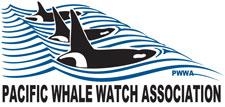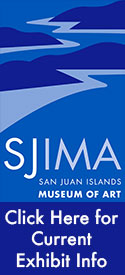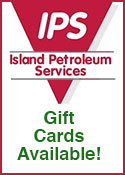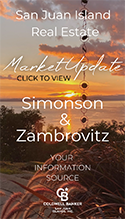Keeping Whales Safe: PWWA’s Updated Whale Watching Guidelines
Posted April 18, 2018 at 5:44 am by Tim Dustrude
 The Pacific Whale Watch Association (PWWA), a group of 32 whale watch and ecotourism business operators in Washington and British Columbia, announced today an update to its vessel operation guidelines with a focus on safe operation for both commercial and private vessels around whales.
The Pacific Whale Watch Association (PWWA), a group of 32 whale watch and ecotourism business operators in Washington and British Columbia, announced today an update to its vessel operation guidelines with a focus on safe operation for both commercial and private vessels around whales.
These updated standards are the most comprehensive conservation framework in the world and they continue PWWA’s commitment to self-regulation to protect and support the growth of whale populations in the waters of the Salish Sea. Notably, PWWA has been implementing science-based best practices for over 20 years.
PWWA’s guidelines include:
- A slow zone of seven (7) knots within one (1) kilometer of whales.
- Maintaining a distance of 200 yards (US)/200 meters (Canada) from Southern Resident killer whales.
- A suggested limited viewing time of 60 minutes in the vicinity of a group of whales and a 30 minute time limit if there are 10 or more vessels within one (1) kilometer of whales.
- Travel should always be parallel to the direction of travel of the whales and at the whale’s speed or slower.
- All sonar, depth sounders, fish finders and other underwater transducers should be shut off whenever a vessel is in the vicinity of whales.
- Mandated special, precautionary operation guidelines in the vicinity of Marine Protected Areas at Race Rocks and the West Side of San Juan Island.
“These updates represent the most stringent and precautionary guidelines our organization has ever passed as we continue to develop the most progressive guidelines to protect the whale populations that live in and visit our region,” said Jeff Friedman, U.S. president, Pacific Whale Watch Association. “As the owners and operators of commercial whale watching vessels throughout Washington and British Columbia, we spend more collective time on the water than any other group and we are committed to seeing whale populations thrive. These guidelines go beyond government and provincial regulations and PWWA will continue to lead the way in developing the standard for whale watch guidelines for both commercial and private vessels.”
For the past 20 years, PWWA and its members have engaged in the most stringent and progressive guidelines for operating vessels around whales. These standards became the blueprint for NOAA Fisheries, Department of Fisheries and Oceans Canada as they drafted regulations to mitigate vessel impacts to orcas and other whales.
For more information about the Pacific Whale Watch Association and the complete list of boating guidelines please visitwww.pacificwhalewatchassociation.com.
###
About Pacific Whale Watch Association
The Pacific Whale Watch Association (PWWA) represents 32 whale watch and ecotourism businesses committed to research, education, and responsible wildlife viewing. Its member companies depart from 19 different ports in Washington State and British Columbia, taking about 400,000 passengers out every year, creating critical constituencies for conservation.
All members of PWWA have a great respect and admiration for the Pacific Northwest and its magnificent wildlife, regarding them as family. Many of PWWA’s members are naturalists, marine scientists and educators, and they consider their boats to be classrooms on the water. They are committed to direct conservation, using their extraordinary access to these sensitive populations of marine mammals to help protect them for generations to come.
You can support the San Juan Update by doing business with our loyal advertisers, and by making a one-time contribution or a recurring donation.










No comments yet. Be the first!
By submitting a comment you grant the San Juan Update a perpetual license to reproduce your words and name/web site in attribution. Inappropriate, irrelevant and contentious comments may not be published at an admin's discretion. Your email is used for verification purposes only, it will never be shared.